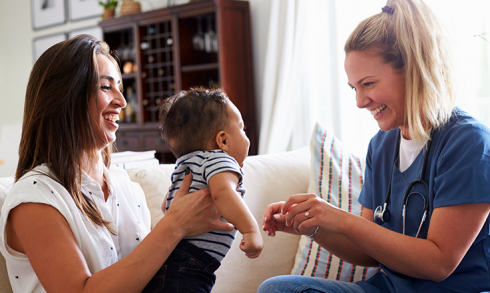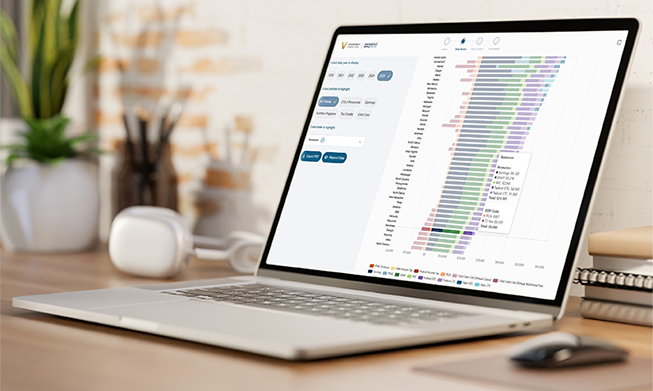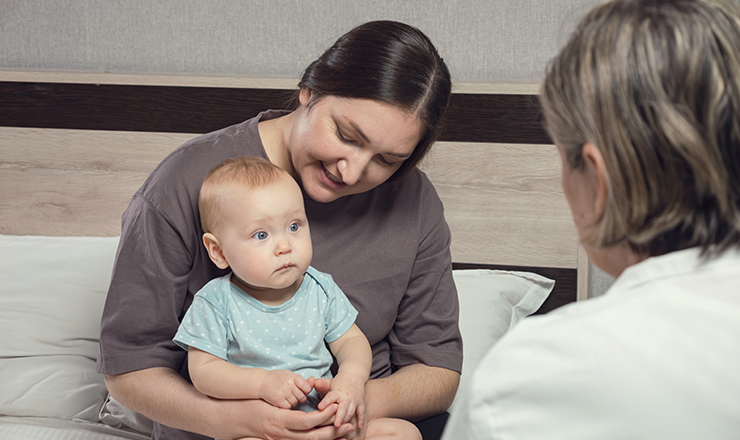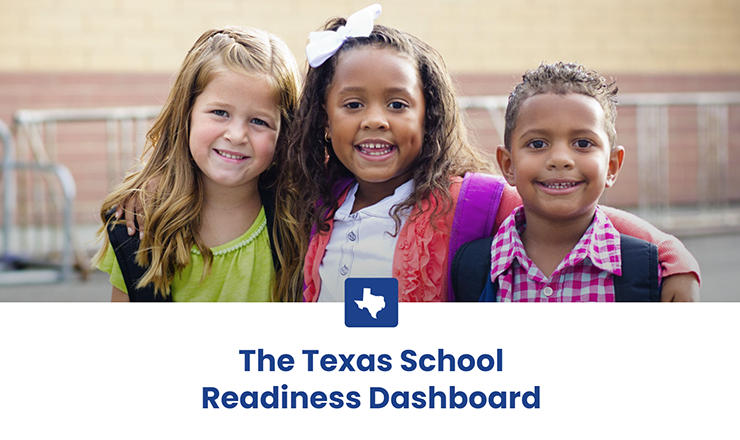- Home
- /
- Research Topics
- /
- Child Wellbeing
Child Wellbeing
The current health and wellbeing of children is associated with numerous long-term outcomes on their physical, mental, social, and economic development. Promoting a child’s wellbeing involves their health and safety; material security; education and socialization; and sense of being loved, valued, and included in the families and societies in which they are born.
Featured Resource
Children’s emotional, physical, and cognitive development is on track, and delays are identified and addressed early.
Related Resources
The Policy Impact Calculator compares the level of resources available to a full-time working family across states. This interactive tool offers a self-guided tour of the substantial variation in state policy choices for working families
Did you know state policies play an important role in promoting infant and early childhood mental health? Infant and early childhood mental health (IECMH) describes the capacity of a child leading to healthy social and
Since the release of our 2020 Prenatal-to-3 State Policy Roadmap, every state has increased their investment in at least one effective Roadmap policy, but the choices they have made vary considerably. The distinct choices that
- Report
- |
See the latest in our ongoing work to build the evidence base around PN3 policies.
- Blog
- |
This is a guest post by Kim Gilsdorf, a Program Officer for the Perigee Fund, a national philanthropy committed to prenatal-to-age-3 mental health. I work with organizations that support the mental health of families every
- Blog
- |
The non-profit organization Texans Care for Children drives policy change to improve kids’ lives, helping them to grow up healthy, safe, and successful. But without local data, Texans Care for Children struggled to inform lawmakers







